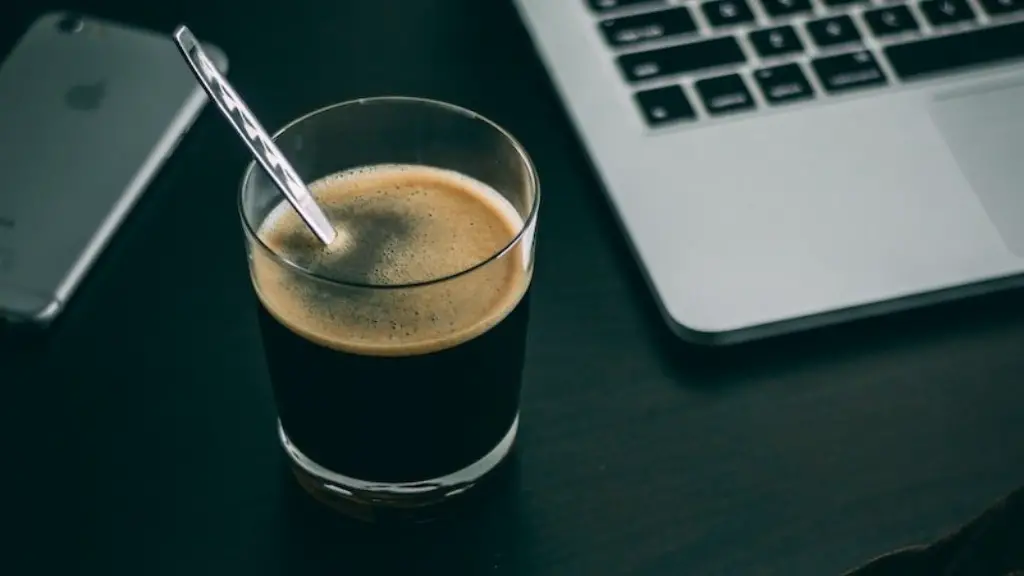Surgery And Caffeine
Caffeine is a stimulant drug which occurs naturally in plants and has a multitude of uses. It is also present in coffee beans and can be found in certain beverages. If you’ve recently had surgery, you may be wondering whether or not it’s a good idea to drink coffee. Find out more below.
It’s important to note that different types of surgery can have an effect on whether it’s safe for you to drink coffee or not. For example, if you’ve had open heart surgery it’s important to follow all the advice of your hospital before drinking coffee.
Moreover, studies have found that drinking coffee, even moderate amounts, can increase the risk of dangerously high blood pressures after certain surgeries. This is especially true if you’re on blood thinners or other medications that can interact with caffeine. This is why it’s best to discuss your caffeine consumption with your doctor before drinking coffee, especially after surgery.
However, some research has looked at how caffeine can benefit after surgery. It was found that caffeine increased alertness and concentration in those who had just had surgery. This could be beneficial for both the patient and the doctors involved in the surgery. Additionally, caffeine can help to reduce pain through its effects on certain neurotransmitters.
That being said, it’s not recommended to have more than 2-3 cups of coffee a day after any type of surgery. This is because too much caffeine can have detrimental effects on those who have recently had surgery. It can lead to dehydration, dizziness, lightheadedness, and even nausea. If you start to experience any of these symptoms, it’s best to stop drinking caffeine and seek medical advice.
In conclusion, it’s best to discuss everything with your doctor before drinking coffee after any surgery. Different types of surgery can have an effect on whether or not it’s safe for you to drink coffee. Too much caffeine can have detrimental effects on those who have recently had surgery, and it can lead to dehydration, dizziness, lightheadedness and even nausea.
Effects Of Caffeine On The Human Body
Caffeine is a powerful stimulant drug and has a variety of effects on the human body. It is quickly absorbed in the bloodstream and affects a wide range of bodily processes, from alertness and concentration to muscle relaxation. Caffeine is also known to have a diuretic effect on the body, meaning that it can make you urinate more frequently.
When consumed in small doses, it can increase alertness and concentration. This is why many people drink coffee every morning to wake them up and provide an energy boost. On the flip side, if consumed in large doses, caffeine can lead to rapid heart rate, anxiety, and restlessness. This is why it’s important to consume caffeine in moderation.
When consumed after surgery, caffeine has the potential to increase alertness and concentration. This can be beneficial for both the patient and the medical team involved in the surgery. It can also help to reduce pain, as caffeine increases the action of certain neurotransmitters. However, too much caffeine can have detrimental effects, such as dehydration and nausea. This is why it’s important to limit your caffeine intake after surgery.
Considerations Before Drinking Coffee After Surgery
Before drinking coffee after surgery, it is important to consider the risks involved. Different types of surgeries will affect whether or not it’s safe for you to drink coffee. For example, if you’ve had open heart surgery, it’s important to follow all the advice of your hospital before drinking any caffeine.
Moreover, studies have found that drinking coffee can increase the risk of dangerously high blood pressures after certain surgeries. This is especially true if you’re on blood thinners or other medications that can interact with caffeine. Therefore, it’s important to discuss caffeine consumption with your doctor before drinking coffee.
Also, it’s important to limit your caffeine intake after any type of surgery. Too much caffeine can have detrimental effects, such as dehydration and nausea. If you start to experience any of these symptoms it’s best to stop drinking caffeine and seek medical advice.
Risks Of Drinking Too Much Coffee After Surgery
Drinking too much coffee after surgery increases your risk of experiencing certain side effects. Caffeine is a diuretic drug and can lead to dehydration as well as dizziness and lightheadedness. In extreme cases, this can even lead to nausea and vomiting.
Moreover, caffeine can interfere with medications and increase the risk of dangerously high blood pressures after certain surgeries, so it is important to discuss caffeine consumption with your doctor before drinking coffee.
Finally, it is important to remember that different types of surgery can have an effect on whether it’s safe to drink coffee or not. If you’ve had open heart surgery, it’s important to get advice from your hospital before drinking any type of caffeine.
Alternatives To Coffee After Surgery
If you’re looking for an energy boost after surgery, there are alternatives to coffee that you can try. Herbal teas such as chamomile or peppermint can provide a variety of health benefits. Energy drinks made from natural ingredients such as bee pollen and ginseng are also a good option. You can also try eating a variety of foods to keep your energy levels up.
From fruits to vegetables, there are a range of healthy foods that can provide energy. Foods that are rich in B vitamins can give you a natural energy boost. These include meat, dairy, eggs, fish, nuts, and legumes. Eating these foods can also help with fatigue, another common symptom after surgery.
It is important to remember that caffeine affects different people in different ways. While some may find that a cup of coffee is a great way to get energized after surgery, others may find that it has negative effects. Therefore, it’s best to consult your doctor before drinking coffee after surgery.
Expectations After Surgery
After surgery, there can be a range of expectations. The amount of pain after surgery varies from person to person, but it’s important to remember that it is usually short-lived and can be managed with painkillers or other pain relief therapies. Most people will also experience some level of fatigue after surgery, this is normal and should improve as your body recovers.
It is also important to remember that it will take time for your body to heal fully, and you should get plenty of rest. Excessive physical activity should be avoided until your body has recovered, to reduce the risk of irritating the surgical site or causing further injury.
Dietary changes may also be necessary after surgery, especially if you need to reduce your caffeine intake. It’s important to follow a healthy, balanced diet during recovery to ensure that your body is getting the vitamins and minerals that it needs. Eating fruits and vegetables, lean proteins, and complex carbohydrates will provide your body with the energy it needs to recover.
It’s also important to remember that recovery looks different for everyone, so it’s important to be patient and take care of yourself. Talk to your doctor or surgeon for advice about what you should and shouldn’t do during recovery. With the right care and attention, you should be back to yourself in no time.





